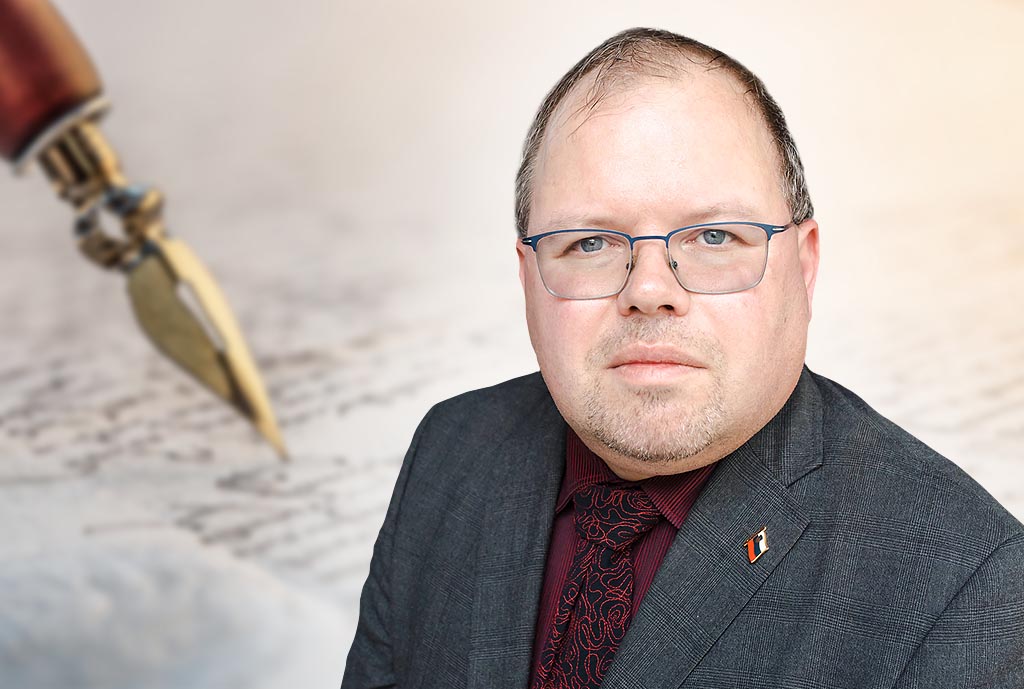By: Gašper Blažič
Recent statistical data on (illegal) migrations indicate a significant drop in the number of migrants from Syria since the Assad regime no longer rules the country.
Many will recall the large wave of migrants from Syria a decade ago when the civil war broke out. Mainstream media mostly spoke about refugees, but the truth turned out to be quite different. The majority of those passing through our country were young men who were neither refugees nor economic migrants but so-called social tourists. Moreover, they were not only from Syria. In fact, the proportion of Syrians among illegal migrants has been relatively low for several years and has now decreased even further. This, in a way, also says something about the new ruling elite in Syria, which, as it has been revealed, has blood on its hands. Yet, the European Union still supports it – perhaps precisely because of this.
What about the Christian perspective on migration and migrants? We know that Pope Francis has consistently expressed great sympathy for migrants in all his public statements. However, this is not about advocating social tourism but rather about showing general solidarity with migrants of all kinds. The point is to ensure that, even when we mostly hear about the negative consequences of migration in Europe, we do not lose our fundamental sense of human dignity. In principle, every migrant should have the opportunity to integrate into our society. If they have such a willingness, they will demonstrate it through their actions – by respecting agreements, obeying laws, and so on. It is difficult to welcome someone who largely exploits taxpayers without any intention of integrating. It is even harder to accept those who pose a security risk to our environment.
Fortunately, there are also positive examples. Recently, I had the opportunity to meet seminarians from the Congregation of the Mission (Lazarists), mostly from non-European countries. Among the Salesians in Celje, I also met a seminarian from the Democratic Republic of Congo who speaks fluent Slovenian. It is certainly worth paying attention to such good examples so that our perspective on migration does not focus exclusively on its negative consequences. After all, our own history also speaks to this.
In 1945, due to communist persecution, a large exodus of Slovenian Christians took place, fleeing across the Karawanks to Carinthia (Vetrinj). Recently, I heard Cardinal Franc Rode recall how, as an eleven-year-old, he left his homeland, convinced that they would only be away for a few months before returning. However, that did not happen. Instead of returning, they travelled thousands of kilometres to Argentina. The present-day cardinal did not set foot on Slovenian soil again until twenty years later, having spent most of that time in Paris. For many Slovenians, this sudden uprooting from their homeland was a great trauma. Similarly, the Bishop of Ljubljana, Gregorij Rožman, left for Carinthia in 1945, believing he would soon return to Ljubljana. But that did not happen – rather than returning to his diocese, he was forced to go far away, while the regime’s propaganda spread the false claim that he had “fled”, a claim that even many Christians believed.
There are also differences among political emigrants: the Slovenian community in Argentina has maintained its national and cultural identity across generations much more than, for instance, the Slovenian community in the United States, which quickly assimilated under the influence of the “melting pot”. For many Slovenian refugees after 1945, it was shocking that, upon arriving in the U.S., even those with doctoral degrees suddenly became “nobodies”. They had to start over. A similar experience happened to Jože Pučnik in Germany – after studying philosophy and comparative literature in Ljubljana, he initially worked as a labourer. Only later did he complete his studies while working and eventually earned a doctorate, becoming a university professor. He succeeded. Yet, out of love for his homeland, he returned in 1989, even though his career prospects would likely have been better in Germany.

